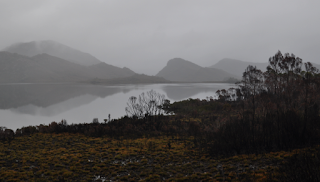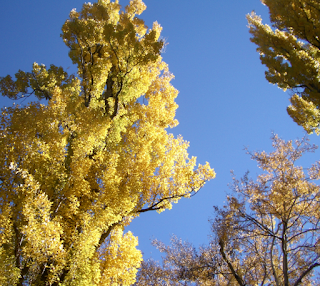Summer is a season of contradictions in Australia. It includes
the festive season, but is also the season of the trauma of natural disasters.
It is the season of struggle in the heat, but also of harvest and gluts. It
moves us to the end of one year and to the beginning of the next.
Celebration and new beginnings
For many people Christmas and New Year are a time of
celebration and enjoyment and this can also occur in the summers of our lives.
These are the times when we can relax and enjoy life and living, and take a
break from the sameness of daily routines and tasks. We can see the New Year as
a time to throw a veil over the past and make a fresh start, as we step into
time that has not yet been sullied with challenges and struggles.
Struggle and Endings
Conversely, summer is a time of survival, when plants
struggle in the heat and may even die. In the summers of our lives we too may
struggle to survive and find that we are facing the endings of some aspects,
thus needing to let go of things that are no longer strong enough to give meaning
to our days.
A time of harvest
Those of us who grow vegetables know that summer is the time
when the fruit of our labours can be harvested. It is exciting to see the first
vegetables appear, but as summer continues we may end up with a glut of produce
that is difficult to deal with. It is the same in our lives – some things are
interesting and exciting and fulfilling at first, but when they are experienced
in over-abundance they lose their allure and may become problematic.
Natural disasters
Summer is a time of extreme weather patterns and the
challenges this creates. Currently in Australia there are floods in NSW and
bush fires in Victoria and Western Australia. Both have resulted in the tragedy of losses of
homes and lives, and have had major impacts on all of those involved.
I hope your summer is falling more on the enjoyable side and that 2016 is a good year for you.



























